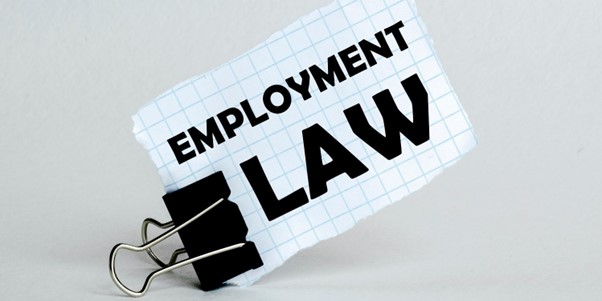It has been just over a month now since our new Prime Minister, Liz Truss, was appointed. We’re already gaining a good understanding of her government’s approach to employment law.
Brexit
The government is considering proposals to reform employment law via the Retained EU Law (Revocation and Repeal) Bill. This aims to remove retained European Union law from our statute books by the end of 2023. If so, this could affect our current employment law in key areas such as working time, transfers of undertakings (TUPE), discrimination law, equal pay and agency workers.
A tough stance towards industrial action
Liz Truss is committed to tackling industrial action. She intends to introduce legislation which will make it more difficult for industrial action to take place, including by way of:
- Setting minimum service levels during transport strikes.
- Raising the ballot thresholds required to lawfully support a strike from 40% to 50% of members.
- Increasing the minimum amount notice of strike action that has to be given from two weeks to four weeks.
- Introducing a “cooling off period” after each strike before members can be balloted to consider voting for another.
Less red tape for smaller businesses
Liz Truss has announced new government policy to remove “reporting requirements and other regulations” in connection with workers’ rights from all businesses employing fewer than 500 employees.
The precise scope of this remains unclear. At the recent Conservative party conference, Business Secretary Jacob Rees-Mogg appeared to suggest it would apply to all workers’ rights. According to other sources, such as Personnel Today and The Guardian, however, that is not correct. They consider that it is likely to be limited to statutory reporting requirements around things such as gender pay gap reporting and executive pay ratios.
The removal of all employment rights for higher earning employees
The Financial Times has reported that consideration is being given to a proposal to remove all employment rights for employees earning over a certain amount (floated at both £56,000 and £100,000).
Increased seasonal worker immigration
Liz Truss has confirmed that she would support a short-term expansion to the Seasonal Worker temporary work route. This currently provides overseas workers with a visa to come to the UK to work in horticulture for up to six months. This period could be extended to assist farmers who are struggling to find enough workers to harvest seasonal crops such as fruit and vegetables.
National Insurance reductions
Liz Truss has pledged to reverse the National Insurance increase of 1.25% for working age employees, their employers and the self-employed, which took effect in April 2022. This increase was implemented to help fund the NHS backlog following the covid-19 pandemic.

